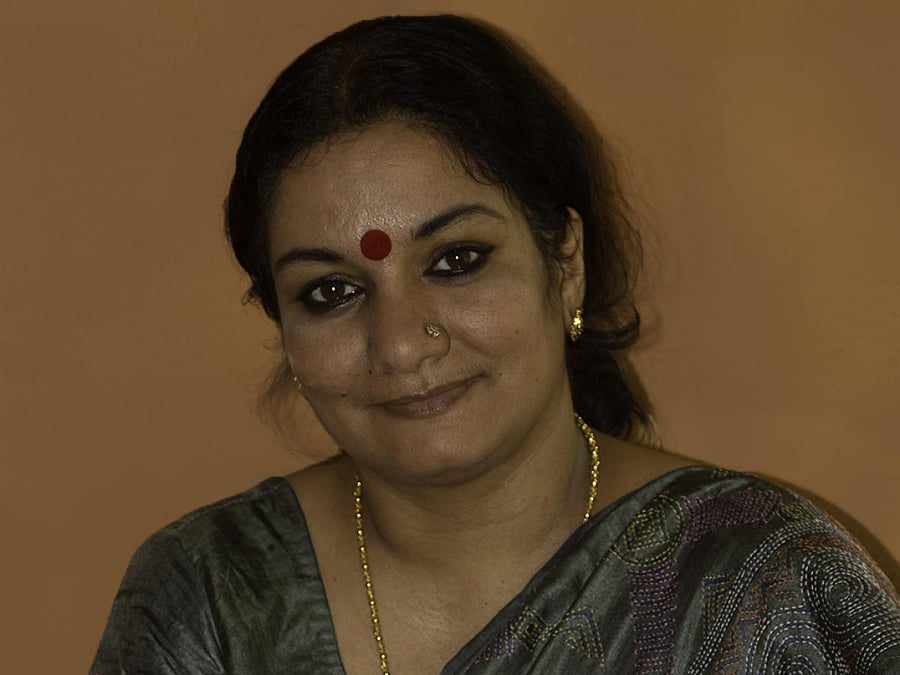
There’s no escaping the fact that we are in the digital age and digital technologies are most certainly invaluable tools in helping us refine the ways in which we produce and disseminate knowledge effectively. However, the shift to online classrooms should not be at the cost of sacrificing the democratic, social and egalitarian dimensions of our public education. This is especially relevant in a country like India, torn asunder by vast inequalities of class, caste, religion, region, gender and sexuality.
While the government could formulate actions and policies to ensure bridging the divide through various means, the road to transforming citizens of a democracy into digital citizens is long and arduous, one that might take years, given that food is still the primary concern for the vast majority of Indian population, and not digital access. A technologically driven, neoliberal market model of education will be highly welcomed by India’s burgeoning middle and upper classes, given that their children could access the best education around the world. But many would fall short of even running the race.
The privacy and protection of the data of teachers and students, ensuring their right to free thought and critique would definitely be another challenge. All over the world we have seen the rise of jingoism and surveillance states, and given the fact that academic spaces are foremost in forging rational thinking and debate, digital surveillance through networked classrooms could pose threats to scholarly dissent.
(The writer is Director of Centre for Cultural Studies in University of Kerala and Visiting Professor at Department of World Arts and Cultures in University of California)